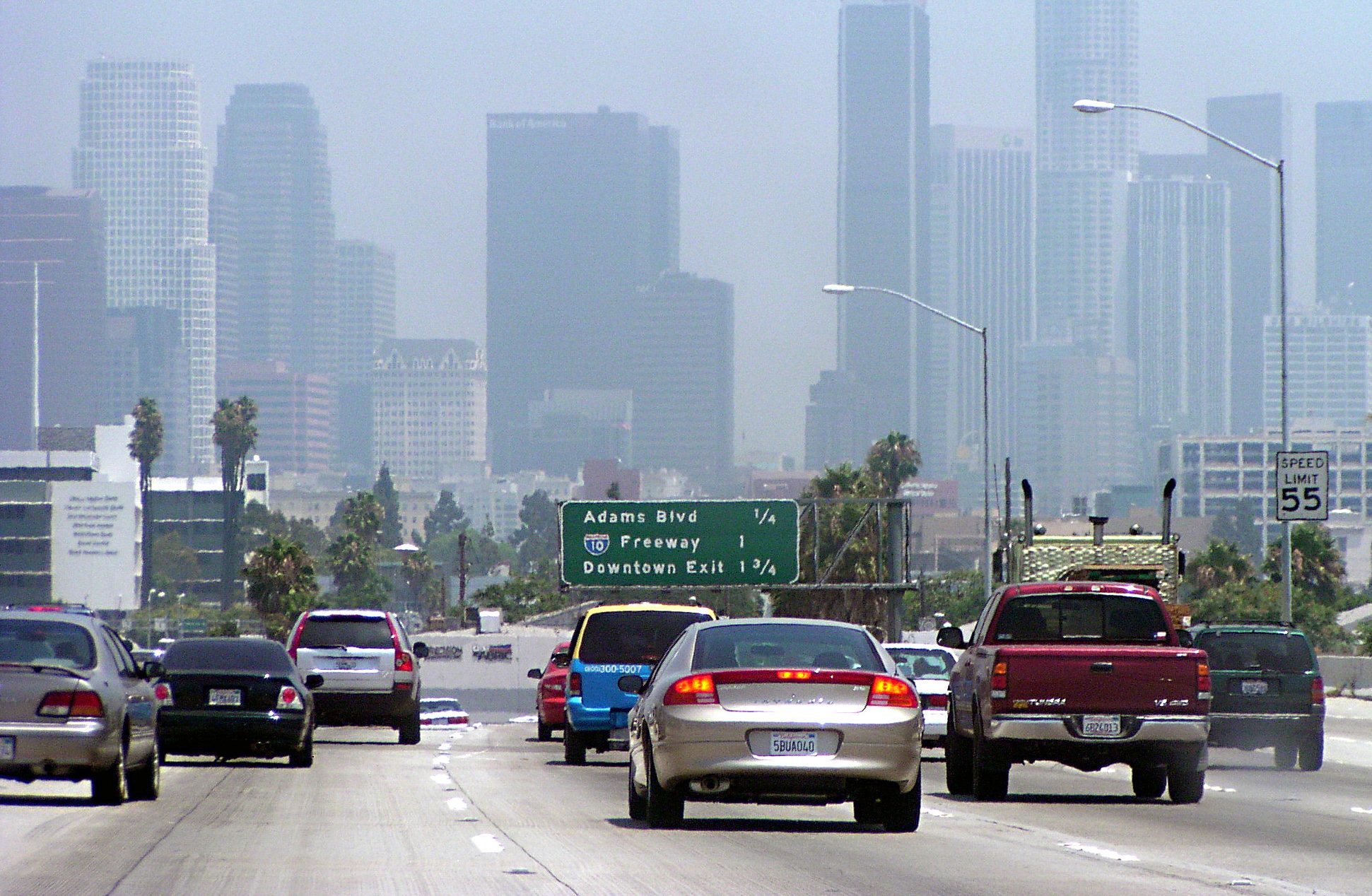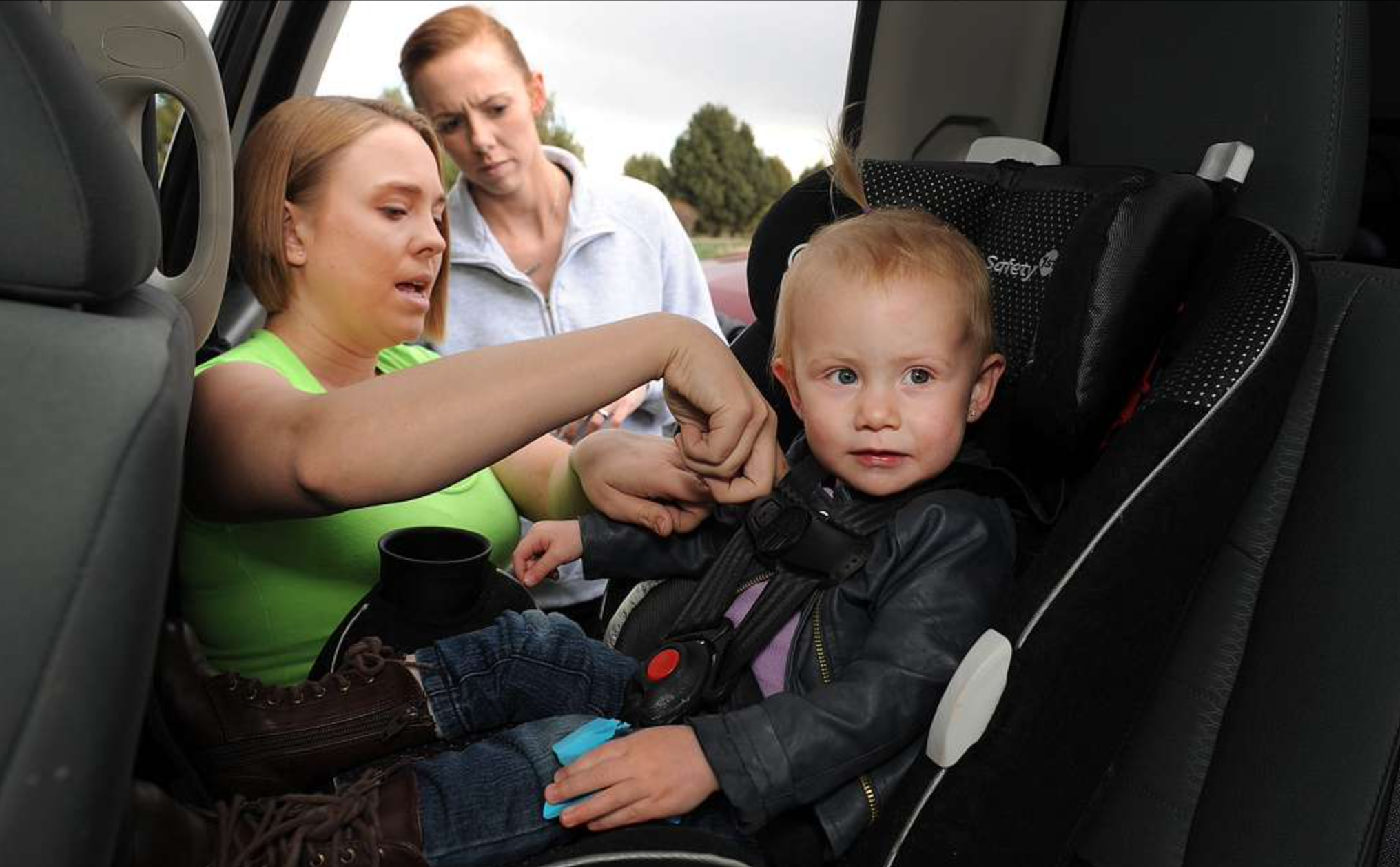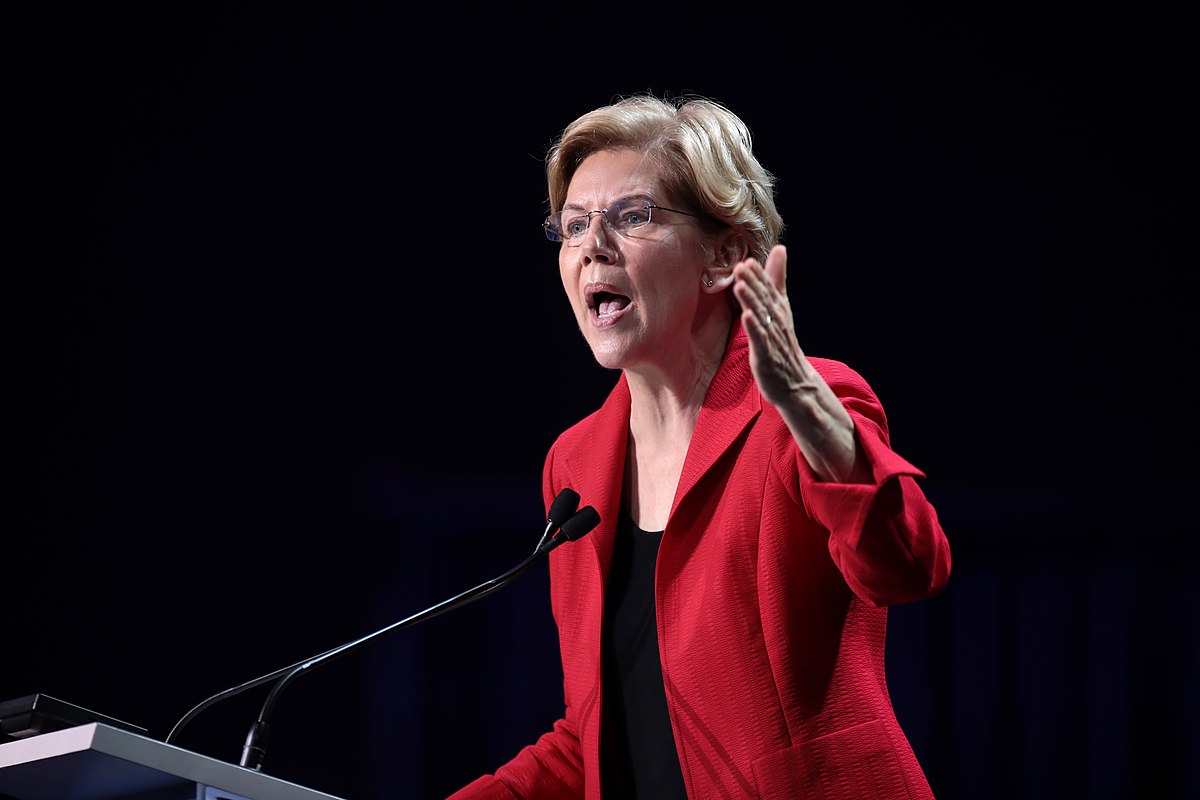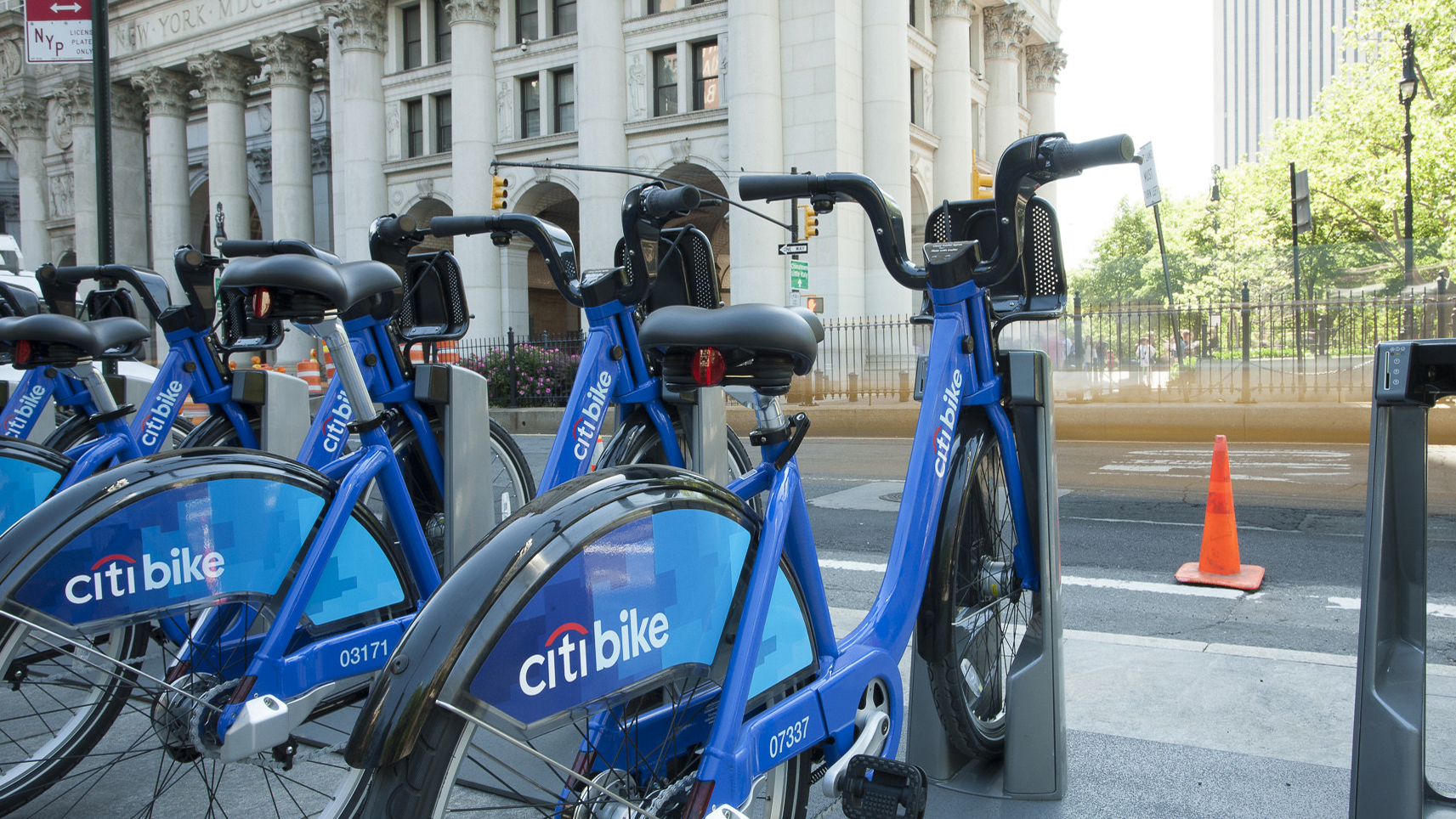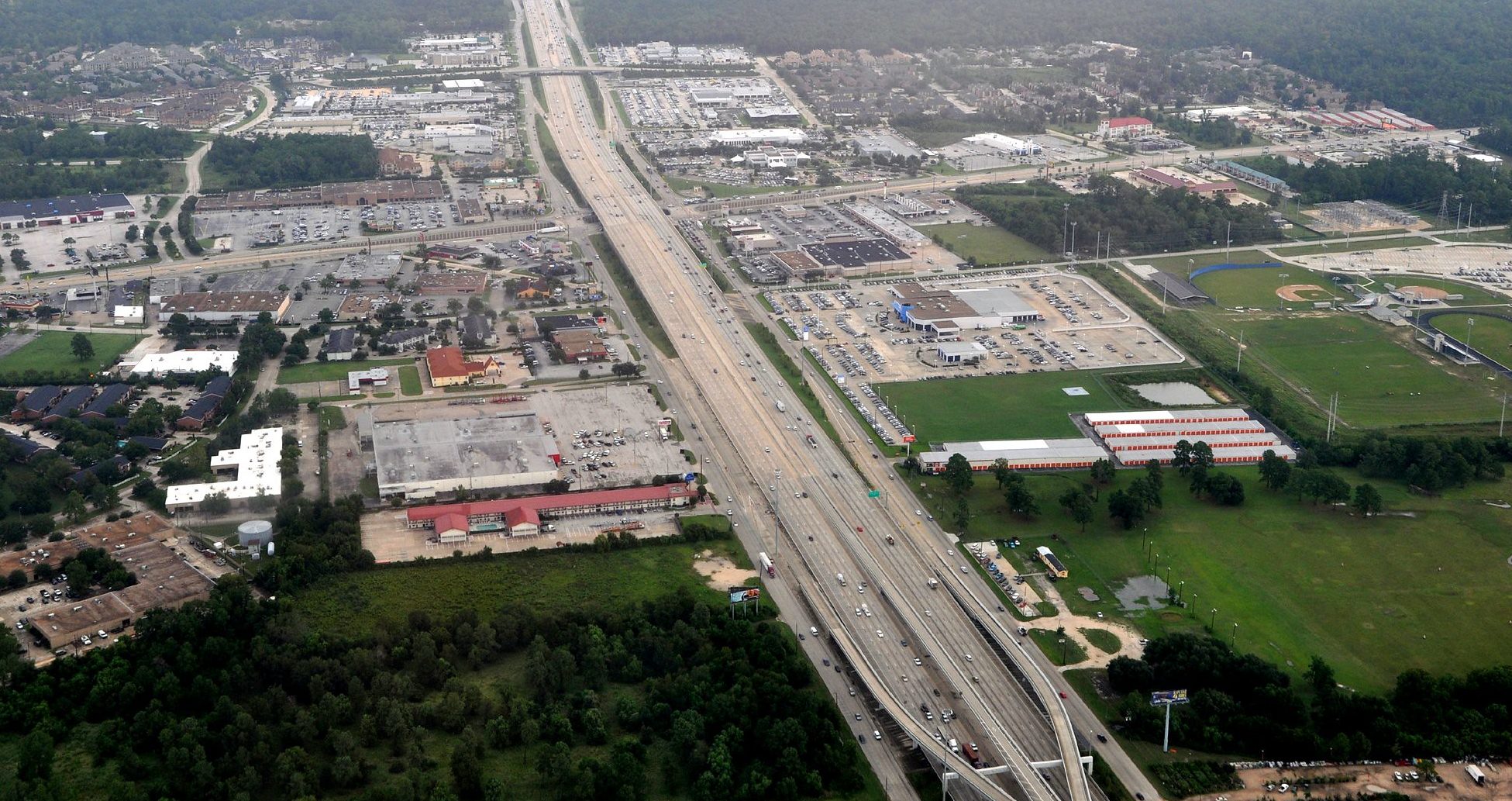A new federal rule that will expose when state leaders make transportation decisions that increase emissions isn't perfect, but it could be an important first step towards getting dirty projects cancelled, advocates say.
Just before the Thanksgiving holiday, the federal Department of Transportation quietly published its long-awaited final rule on highway emissions assessments, which will, for the first time, require states to track greenhouse gas emissions on their roads, while also requiring them to set biennial goals to reduce those pollutants. Critically, the rule also outlines exactly how agencies should calculate GHG levels, which will make it easier for Americans to compare their communities' climate progress against their neighbors.
Currently, only 24 states and the District of Columbia even attempt to track roadway emissions, and they do so in a variety of ways, resulting in what New York City nonprofit Riders Alliance called "a hodgepodge of incomplete data from across the country." And without more scrutiny, the transportation sector has gradually become the leading source of greenhouse emissions in the U.S., with passenger cars and trucks responsible for the largest share of the pollution (thanks in part to their increasing size).
More than 100,000 people submitted comments in support of the new GHG requirement, which the National Resources Defense Council says may be "possibly the most ever for a transportation rule."
Even as advocates celebrated the victory, though, many cautioned that it's less of a silver bullet than a tentative first step. For one, the new rule won't impose any penalties on states that fail to meet the new emissions targets, a move which Federal Highway Administrator Shailen Bhatt defended as practically necessary, since "we don’t expect state DOTs ... to solve a problem this large on their own."
Still, some advocates say the law will shine much-needed daylight on the role those agencies could play in combating climate change — especially in the 26 states that currently don't track roadway emissions at all.
"Billions of dollars of federal transportation funding are coming down the pipe as a result of the Bipartisan Infrastructure Law and those decisions will have a major impact on the climate," transportation analyst and advocate Kevin Shen wrote on the blog of the Union of Concerned Scientists. "With a national rule in place, the public will now be able to see how those decisions add up, and hold state and local transportation authorities accountable to our shared responsibility to lessen the impacts of the climate crisis."
For some Republican lawmakers, though, asking states to simply consider those impacts was a bridge too far, with at least one senator already vowing to overturn it.
"Federal overreach to advance a misguided climate agenda has become a staple of the Biden administration," Sen. Shelley Moore Capito (R-W.Va.), ranking member of the Environment and Public Works Committee, said in a statement. "[It's] just one more example of these harmful regulations. ... The FHWA is ignoring the letter of the law to finalize a rule that hampers the ability of state DOTs ... to address the transportation needs of their constituents.”
Even if opponents succeed, though, some advocates are hopeful the rules will inspire transportation leaders at all levels of government to take a hard look at at the toll their transportation decisions are taking on the planet — and eventually, take action to reverse it.
"It’s way past time for officials to measure the impact of public spending and come up with ways to make it better," said Shruti Vaidyanathan, director of federal transportation at the NRDC. "Just paving more, new lanes of highways is not the answer. ... This rule will help us all focus on how to deliver a transportation system that serves all of us for decades to come.”
